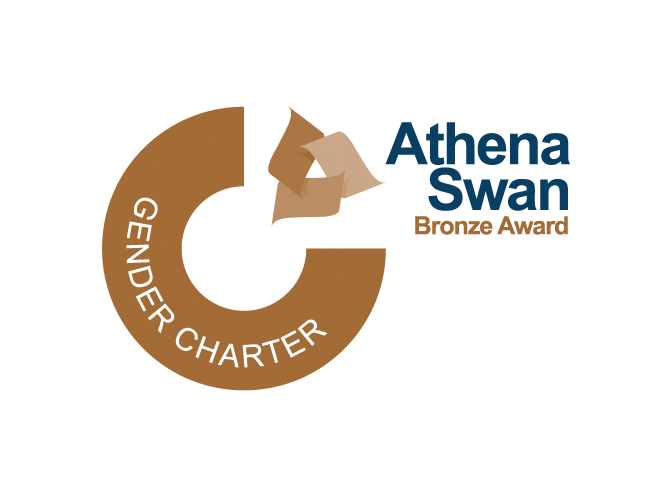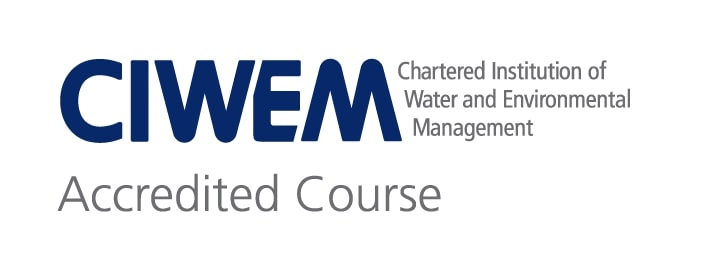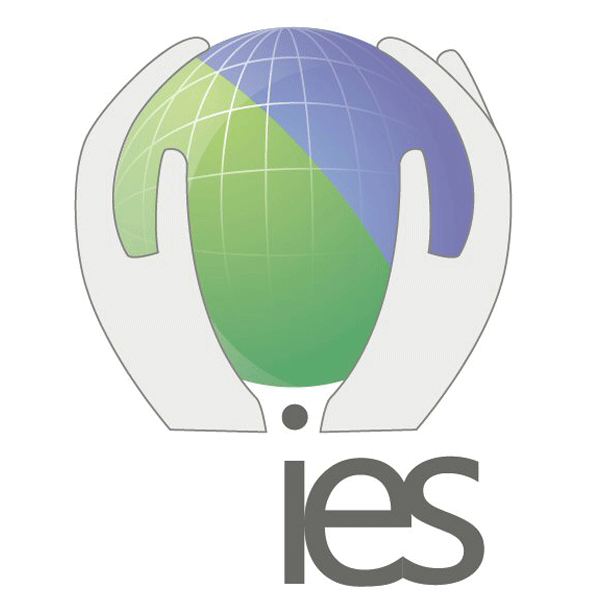Embedding research into teaching: practices, motivations and impacts
Academics are often interested in using their own research in teaching – as a valuable way of sharing their passion for their subject, connecting students with cutting-edge knowledge, and enabling them to experience authentic practices. The view that research and teaching in universities should be linked is widespread, with suggestions of benefits for both academics and students (e.g. Boyer, 1998). However, the strength and focus of this research-teaching nexus is contested (Bak and Kim, 2015), with arguments that experiences of research and teaching are influenced by academic discipline epistemologies and institutional perspectives (Robertson, 2007), and that impacts on students are varied (Jenkins, 2004). From an OU perspective, Ngoasong, Beadle and Kodwani (2018) found that the OU’s approach to module design and presentation required different approaches to the research-teaching nexus than in other universities and highlighted a strong drive to align with student needs.
Project team: Sarah Davies, Cat Cowie, Phil Holden, Lorraine Hudson & Kadmiel Maseyk
.png) OU science research is often embedded into OU science teaching: as knowledge or an information source (e.g., when students are directed to a research paper), as authentic datasets (that students can analyse and interpret), and as authentic methodology (e.g., data collection through remote instruments) or research techniques (e.g., a computer model that students operate). Recently, a lightbulb icon (see right) has been used in some modules to highlight OU research to students.
OU science research is often embedded into OU science teaching: as knowledge or an information source (e.g., when students are directed to a research paper), as authentic datasets (that students can analyse and interpret), and as authentic methodology (e.g., data collection through remote instruments) or research techniques (e.g., a computer model that students operate). Recently, a lightbulb icon (see right) has been used in some modules to highlight OU research to students.
Focussing on environmental sciences, with support from eSTEeM, the 'Embedding research into teaching' project explores the practices and motivations for embedding research into teaching and the impacts on students and on staff through:
- a literature review of the research-teaching nexus in the environmental sciences
- a review of research-teaching links in core environmental science modules
 an investigation into the motivations and experiences of staff
an investigation into the motivations and experiences of staff- an exploration of the attitudes and experiences of students.
This project takes as one of its starting points the Healey and Jenkins (2009) framework of the nature of undergraduate research and inquiry which places learning activities within a space defined by level of participation (from student as audience to student as participant) and by type of learning (from content knowledge to research processes). This gives a framework for activities ranging from students learning about current research to students undertaking research themselves.
Project results indicate a high level of interest in the topic from students. They indicated enthusiasm for research, understanding about the development of research involvement through a degree programme, different perspectives on the balance between learning about research content and research processes, and concern over practical considerations.
The project found disconnects in two areas: first, around awareness of the lightbulb icon and second, between tutors and OU research. We suggest that improving the highlighting of OU research in materials and linking tutors more closely to the research conducted in their departments would be benefit both students and the OU community.
In the environmental sciences, where urgent action and public engagement with rapidly changing science are important for issues such as the climate crisis and biodiversity loss, closer connections with cutting-edge environmental science research could be helpful for strengthening students’ engagement with such issues.
References
Bak, H. and Kim, D. (2015). Too much emphasis on research? An empirical examination of the relationship between research and teaching in multitasking environments. Research in Higher Education, 56(8), 843-60.
Boyer Commission on Educating Undergraduates in the Research University. (1998). Reinventing undergraduate education: A blueprint for America’s research universities. Princeton, NJ: Carnegie Foundation for the Advancement of Teaching.
Healey, M. and Jenkins, A. (2009). Developing Undergraduate Research and Inquiry. York, Higher Education Academy, https://www.advance-he.ac.uk/knowledge-hub/developing-undergraduate-research-and-inquiry
Jenkins, A. (2004). A Guide to the Research Evidence on Teaching Research Relations, York, Higher Education Academy.
Ngoasong, M., Beadle, H. and Kodwani, D. (2018). Promoting the integration of research-teaching-external engagement linkages into the Open University Business School curriculum development: Exploratory research. Report on Scholarship Exchange. Milton Keynes, The Open University.
Robertson, J. (2007). Beyond the ‘research/teaching nexus’: exploring the complexity of academic experience Studies in Higher Education; 32(5), 541–56
News
Celebrating Graduation in Manchester
On 22 November Professors Clare Warren, Mark Brandon and Richard Holliman, and Dr Barbara Kunz travelled to Manchester for an OU Graduation Ceremony.
EEES researcher to lead £800k project to improve global climate change predictions
An EEES researcher is leading a new Natural Environmental Research Council-funded project to improve our ability to predict climate change using cutting-edge analysis of fossilised algae molecules.


